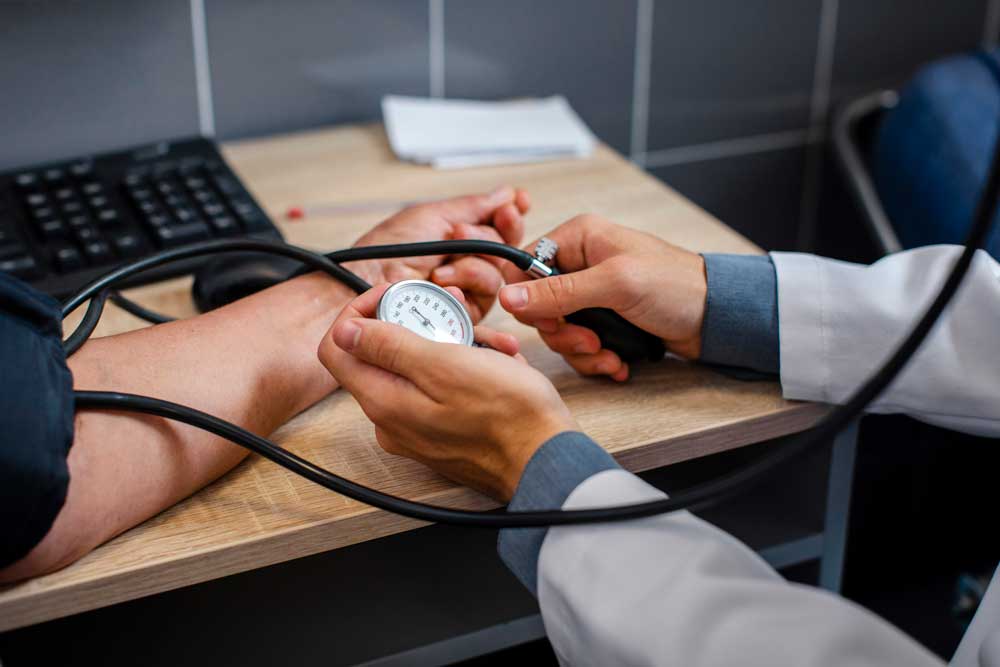
Hypertension, or high blood pressure, is a prevalent and serious chronic condition that can significantly impact overall health if left unmanaged. Effective management of hypertension is crucial for preventing complications such as heart disease, stroke, and kidney damage. Primary care plays a central role in the ongoing management and treatment of hypertension, offering a comprehensive approach that includes monitoring, medication management, lifestyle modifications, and preventive care.
Hypertension occurs when the force of blood against the walls of the arteries is consistently too high. Blood pressure is measured in millimeters of mercury (mm Hg) and recorded as two numbers: systolic (the pressure when the heart beats) over diastolic (the pressure when the heart rests between beats). A reading of 140/90 mm Hg or higher is typically considered high. Hypertension is often asymptomatic, meaning individuals may not experience symptoms until the condition has caused significant damage.
Regular Monitoring and Assessment
Primary care providers conduct regular blood pressure checks to ensure levels remain within target ranges. Monitoring is essential for assessing how well the current treatment plan is working and for detecting any potential issues early. Regular visits allow for timely adjustments to treatment strategies, helping to keep blood pressure controlled and prevent complications.
Medication Management
For many patients, managing hypertension involves medication. Primary care providers prescribe antihypertensive drugs and adjust dosages based on individual needs and responses. They also monitor for side effects and interactions with other medications. Common classes of antihypertensive medications include diuretics, ACE inhibitors, angiotensin II receptor blockers (ARBs), beta-blockers, and calcium channel blockers. The choice of medication depends on the patient's overall health, any other existing conditions, and how well they tolerate the drugs.
Lifestyle Modifications
Lifestyle changes are a cornerstone of hypertension management. Primary care providers offer guidance on adopting a heart-healthy lifestyle, which includes:
Preventive Care and Complication Screening
Primary care providers focus on preventing complications associated with hypertension. This involves routine screenings for related conditions such as heart disease, kidney function, and retinal damage. Early detection of these complications allows for prompt intervention and management, reducing the risk of severe outcomes.
Patient Education and Empowerment
Educating patients about their condition and involving them in their own care is crucial. Primary care providers ensure that patients understand their blood pressure readings, the importance of medication adherence, and how lifestyle changes can impact their health. Empowering patients with knowledge helps them take an active role in managing their hypertension.
Managing hypertension effectively requires a proactive and integrated approach. Primary care providers are essential in this process, offering regular monitoring, personalized medication management, lifestyle modification guidance, and preventive care. By working closely with their primary care provider, individuals with hypertension can achieve better health outcomes, reduce the risk of complications, and improve their overall quality of life. Regular check-ups and a commitment to following a comprehensive treatment plan are key to successfully managing high blood pressure and maintaining long-term health.